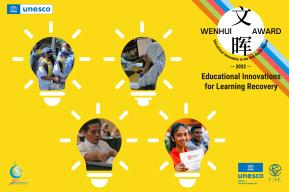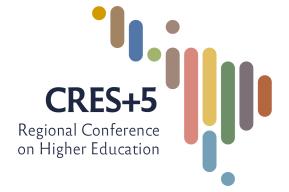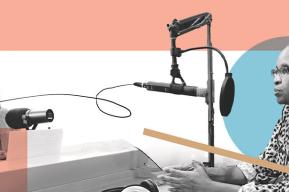Raeda Khazaleh, 45, is from Rihab and has been working on the site through the UNESCO project ‘Employment Opportunities for Cultural Heritage Safeguarding in Jordan ’. A cash-for-work approach allows the project to give local people short-term job opportunities and training in cultural heritage preservation.
From the training, I have learned the materials needed to preserve the pieces of the mosaic, I am enjoying my work so much that I don’t take a break until I have finished,
The project, funded by Germany, is designed to provide workers with the skills to carry out basic site maintenance and rehabilitation while enhancing their self-reliance. It targets the most vulnerable segment of the population, including Syrian refugees living near Rihab.
UNESCO is supporting the community in several ways. It provides income for local community members during these unprecedented times, preserves the community’s cultural heritage, and supports the municipality in works to enhance the site’s tourist attractiveness.
With the pandemic, measures to ensure a safe environment created more jobs for women such as Suzan Jdeilat, 22, who works at the project’s second location, the ancient city of Petra, Jordan’s most famous World Heritage site. She is glad to contribute to her family’s livelihood and save up for her last year of high school.
I distribute Personal Protective Equipment items when needed, Petra is my home, and preserving it will make our home a better place.










